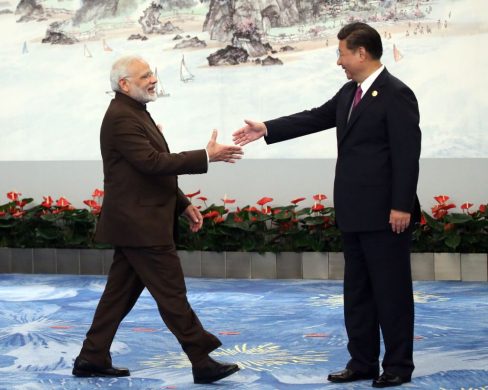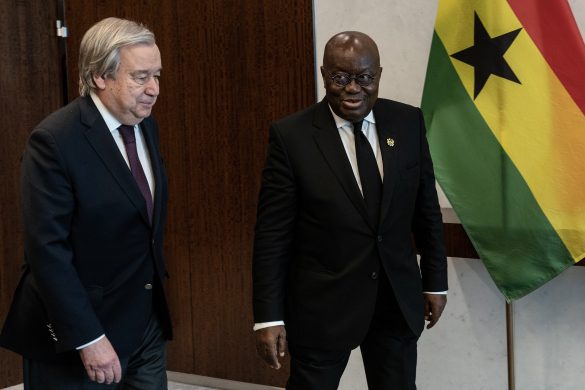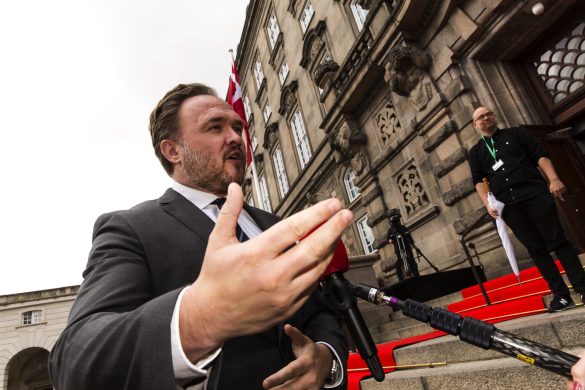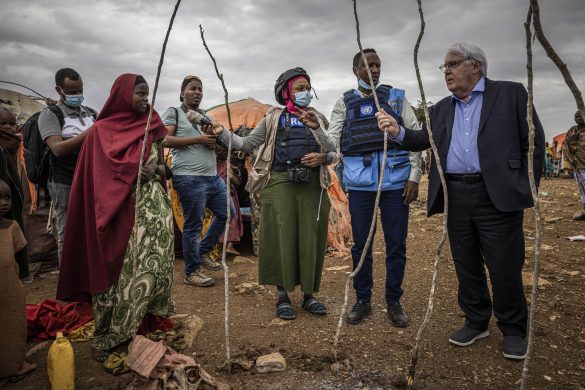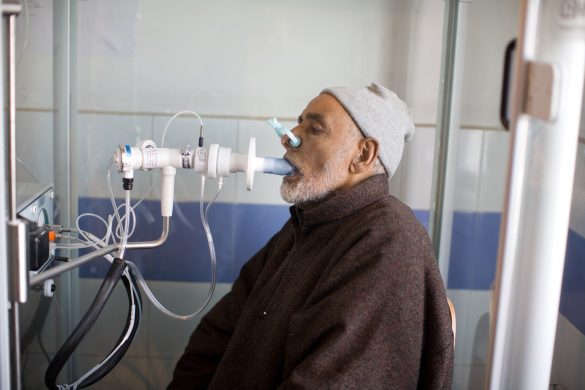Burmas muslimske mindretal, rohingyaerne, er statsløse i deres eget land og i Thailand, hvortil mange er flygtet, anerkendes de ikke som flygtninge og benyttes ofte som underbetalt arbejdskraft under slavelignende forhold. “Det er helvede på jord for os”, siger thailandsk Rohingya-leder.
BANGKOK, 28 February 2014 (IRIN): Abdul Kalam, 53, a Rohingya from Burma’s western Rakhine State, arrived in Thailand more than 30 years ago, after escaping forced labour in his home village of Nalywah.
“I know I am not safe here. I worry a lot about it. I have seen too many people die in detention or in human trafficking camps,” said Kalam, who is well known within the Rohingya community.
He is the current president of Thailand’s Rohingya National Organization, which campaigns for the rights of boat people who have arrived in the country over the past decade.
Despite having official refugee status from the UN Refugee Agency for almost 10 years, he himself cannot seek third-country resettlement as Thailand does not allow Rohingyas to be processed as refugees.
There is no data on the total number of Rohingyas in Thailand, but unconfirmed reports suggest there could be between 3.000 and 20.000.
“Most do not want attention because the boat crisis has made them more vulnerable,” said Chris Lewa, director of The Arakan Project, an advocacy group that works with Rohingyas, adding:
“Before, authorities did not bother about them existing in Thailand, but now authorities want to know where they are.”
According to the UN, over 24.000 Rohingyas have fled Burma by boat since two deadly bouts of sectarian violence in 2012 left close to 140.000 people, mostly Rohingyas, displaced.
The Rohingya, an ethnic, linguistic and religious (Muslim) minority numbering some 800,000 in Rakhine, have long faced persecution and discrimination in Burma where they are de jure stateless and considered undocumented immigrants.
Invisible
Læs videre på






